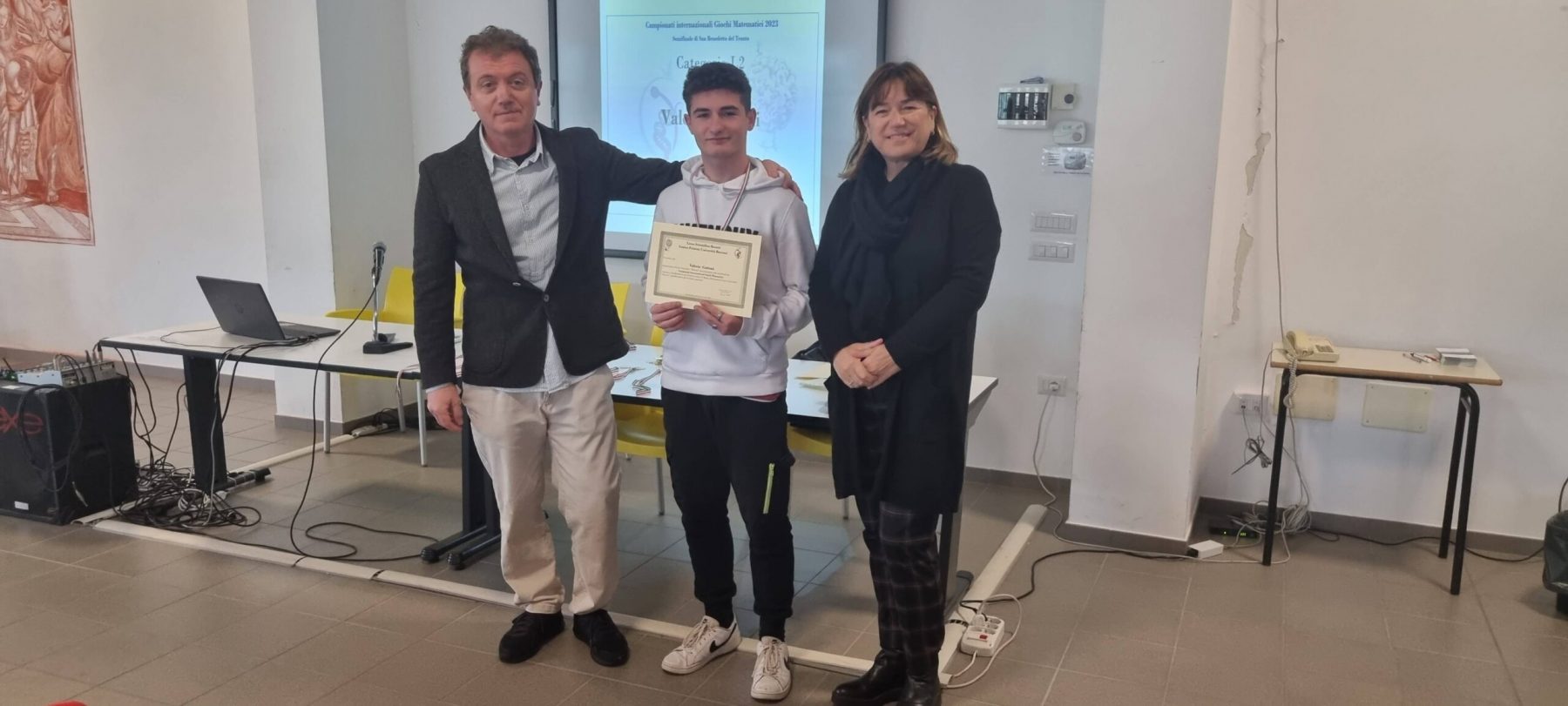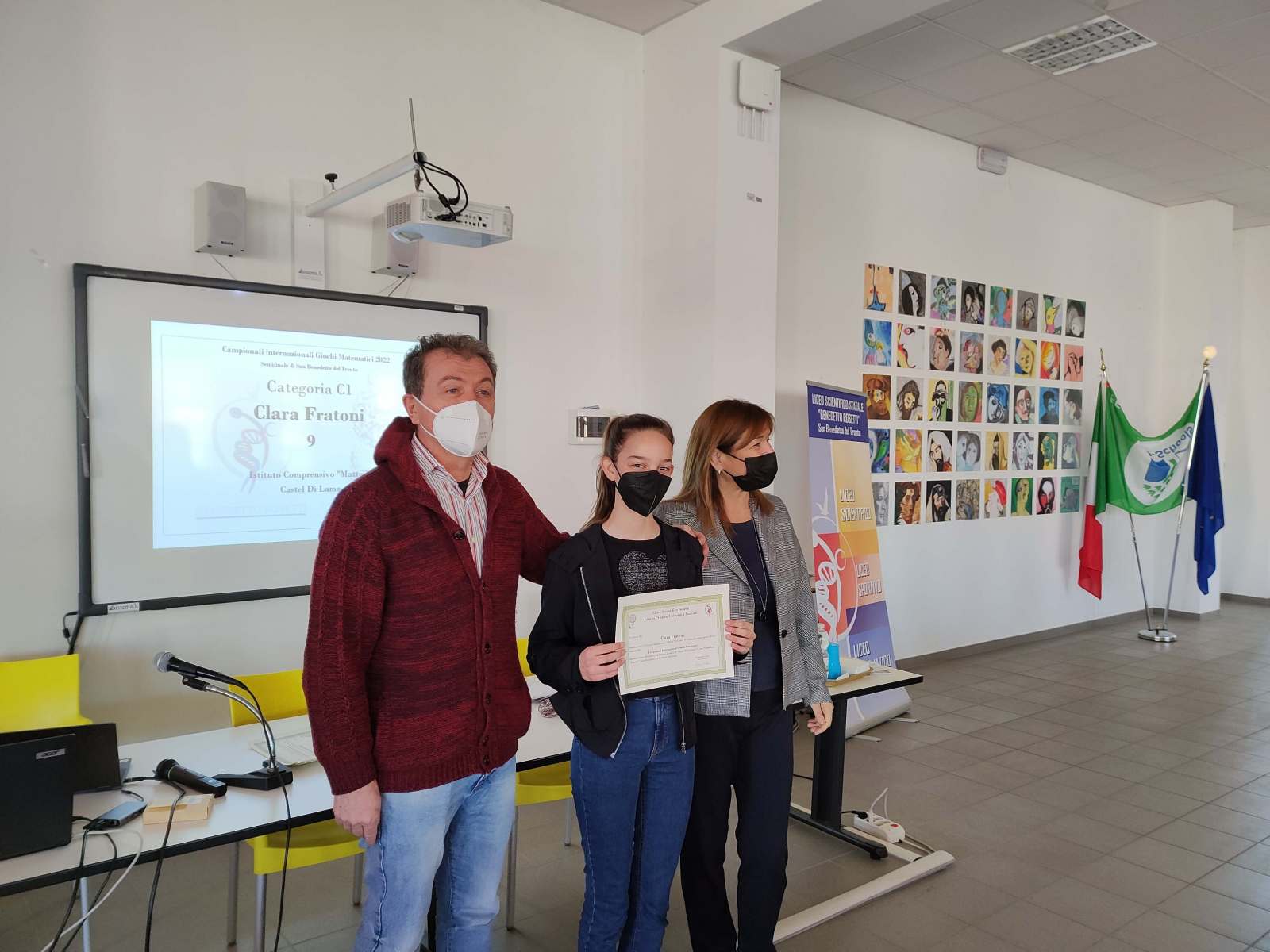“Education for democratic citizenship” means education, training, dissemination, information, practices and activities which aim, by equipping learners with knowledge, skills and understanding and moulding their attitudes and behaviour, to empower them to exercise and defend their democratic rights and responsibilities in society, to value diversity and to play an active part in democratic life, with a view to the promotion and protection of democracy and the rule of law.
“Human rights education” means education, training, dissemination, information, practices and activities which aim, by equipping learners with knowledge, skills and understanding and moulding their attitudes and behaviour, to empower them to contribute to the building and defence of a universal culture of human rights in society, with a view to the promotion and protection of human rights and fundamental freedoms
Education for democratic citizenship and human rights education (DG Democracy) are closely interrelated and mutually supportive. They differ in focus and scope rather than in goals and practices. Education for democratic citizenship focuses primarily on democratic rights and responsibilities and active participation, in relation to the civic, political, social, economic, legal and cultural spheres of society, while human rights education is concerned with the broader spectrum of human rights and fundamental freedoms in every aspect of people’s lives.
What is the aim of Education for democratic citizenship and human rights (EDC/HRE)?
Education for democratic citizenship and human rights aims to give people the knowledge, understanding, skills and attitudes that will help them to play an effective role in their community – be it on the local, national or international level. It shows people how to become informed about their rights, responsibilities and duties and it helps them to realise that they can have influence and make a difference.
What is EDC/HRE?
Education for Democratic Citizenship and Human Rights doesn’t just happen in schools during citizenship lessons: it covers all forms of education, from children up to young adults at college and university, and through into adult education, vocational training and the workplace. You can find EDC/HRE through the work of campaigning groups and on Internet pages aimed at children. It is not just about learning to vote. It is about learning to sort out problems in the family without recourse to violence. It is about learning to resolve playground disputes in a fair and sensible way. It is about neighbours joining together to keep their environment clean and safe.
Why do we need EDC/HRE?
Democratic citizenship is a skill, and skills need to be learned. Many schools taught the basic government structures in the past: not so many taught their pupils how they could have a voice in the society in which they lived, and why it was important. Democracy comes from the Greek meaning “of the people”. Yet studies show that most people throughout Europe are becoming disenfranchised from their political systems. They do not trust politicians, they are confused about political institutions and they are skeptical about the value of voting.
How does it help young people?
Children and young people may not be old enough to vote in elections or sit on juries, but they have rights and duties and they are entitled to have a say. EDC/HRE teaches them the skills they need for school and family life, whilst giving them knowledge for the future.
Some thoughts on Democracy, Human Rights and Education
“If liberty and equality, as is thought by some are chiefly to be found in democracy, they will be best attained when all persons alike share in the government to the utmost.” Aristotle (384 BC – 322 BC)
“Education is the most powerful weapon which you can use to change the world.” Nelson Mandela
“You have to be the change you want to see in the world”. “To safeguard democracy the people must have a keen sense of independence, self-respect, and their oneness.” “The spirit of democracy cannot be imposed from without. It has to come from within. In true democracy every man and woman is taught to think for himself or herself”. Mahatma Gandhi
“Voting is one of the few things where boycotting in protest clearly makes the problem worse rather than better.” Jane Auer, American Author
“The world is a dangerous place, not because of those who do evil, but because of those who look on and do nothing.” Albert Einstein
“Responsibility does not only lie with the leaders of our countries or with those who have been appointed or elected to do a particular job. It lies with each of us individually. Peace, for example, starts within each one of us. When we have inner peace, we can be at peace with those around us.” The Dalai Lama
Aspects of citizenship
Democratic citizenship is not limited to the citizen’s legal status and to the voting right this status implies. It includes all aspects of life in a democratic society. Democratic citizenship is therefore related to a vast range of topics such as sustainable development, participation of people with disabilities in society, gender mainstreaming, prevention of terrorism and many other areas.


